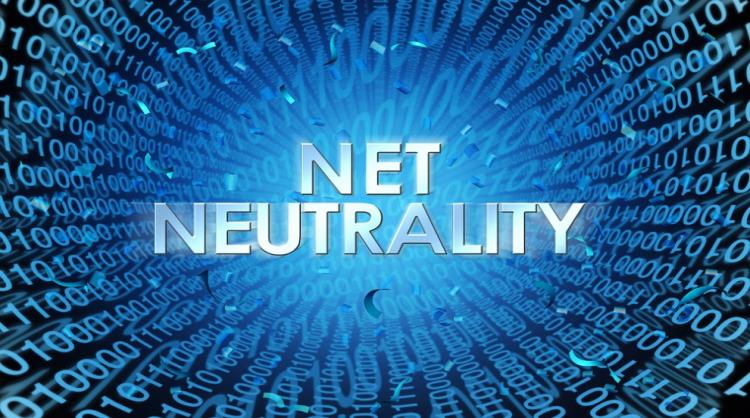The Battle for Net Neutrality Begins Anew
February 19, 2021 | by Andrew Regitsky

It's no secret that as soon as the FCC gets its fifth commissioner – a Democrat – it will start the process to again classify broadband Internet access service (BIAS) as a Title II telecommunications service and reinstate the net neutrality rules of no blocking, throttling or prioritizing of Internet traffic. One way to do so is through a new proceeding which would require a new notice of proposed rulemaking, industry comments and reply comments and new FCC order. That would be time consuming and probably not be decided by the courts until at least 2022. It appears; however, some industry players want to speed the process along.
Last October, the previous FCC defended its Restoring Internet Freedom Order from the DC Circuit Court’s remand of certain issues. The Commission found in its Remand Order that “neither its decision to return broadband Internet access service to its longstanding classification as an information service, nor its decision to eliminate the Internet conduct rules, is likely to adversely impact public safety." Moreover, the agency concluded that “the benefits of returning to the light-touch information service classification far outweigh the limited potential negative effects resulting from the loss of section 224 pole attachment rights for broadband-only ISPs.”
Now, a few parties, including INCOMPAS, Santa Clara County including its Fire Protection District and consumer advocate agencies such as Public Knowledge and Free Press have filed Petitions for Reconsideration of the Remand Order. Their goal is to use the issues of public safety and pole attachments as a justification for the reclassification of BIAS as a telecommunications service. As INCOMPAS states:
The overall reasoning throughout the Remand Order is deeply flawed. The Commission’s main priority must be to protect the public interest, yet the Remand Order turns its back on the historical role of the Commission to protect the public’s ability to connect without permission, and comes at a time when the need for rules to guarantee an open internet is only growing due to the overwhelming reliance on BIAS by every economic sector. This is especially true during the COVID-19 pandemic as more Americans are working, schooling, and conducting much of their lives online to protect themselves from the deadly virus. The Commission should re-reclassify BIAS to a Title II service because the Commission will not be able to properly ensure public safety needs are met or that BIAS-only providers have access to poles, conduit, and ducts unless it does so. (INCOMPAS Petition for Reconsideration, Docket 17-108, filed February 8, 2021, at p. 6).
Santa Clara County agreed:
[T}he Commission wholly failed to consider public safety in the 2018 Order. In doing so, the D.C. Circuit explained, the Commission had “entirely” missed the fact that, “whenever public safety is involved, lives are at stake. . . . [T]he harms from blocking and throttling during a public safety emergency are irreparable. People could be injured or die.” While the Order on Remand pays lip service to this fact and repeatedly mentions the phrase “public safety,” it fails to actually consider what “public safety” communications look like in the 21st century, to account for the reality that “lives are at stake” when public safety operations are hampered, and to acknowledge that public safety harms are irreparable once they occur. The Order on Remand’s analytical failures are unsurprising because it rests, first and foremost, on the false premises that it is possible ex ante to identify communications that are essential to public safety and to treat them differently from other communications, and that even if mass-market BIAS plans do not provide consumers with unfettered Internet access, public safety is adequately protected by other communications channels. (County of Santa Clara and the Santa Clara County Central Fire Protection Unit, Docket 17-108, filed February 8, 2021, at p. 6).
Parties will now have the chance to provide their own comments about these petitions for reconsideration. That will presumably give President Biden time to nominate, and the Senate confirm a fifth FCC commissioner. If the new Democrat majority agrees with the petitioners and they almost surely will, the Commission might attempt to reclassify BIAS without conducting an entire new proceeding. Will this work? It might pass muster at the DC Circuit, but a conservative Supreme Court might find differently. Opponents of net neutrality would likely argue that procedurally, BIAS reclassification as a telecommunications service requires an entire new proceeding under the Administrative Procedures Act (APA). The Supreme Court may find that compelling.
The only lasting solution is for Congress to legislate a compromise solution as part of a rewrite of the 1996 Telecommunications Act. Lately that Act has gotten publicity for the 25th anniversary of it becoming law. However, it is hopelessly stale and needs to be updated to account for the fact that so much of telecommunications today is over the Internet. We can only hope!

